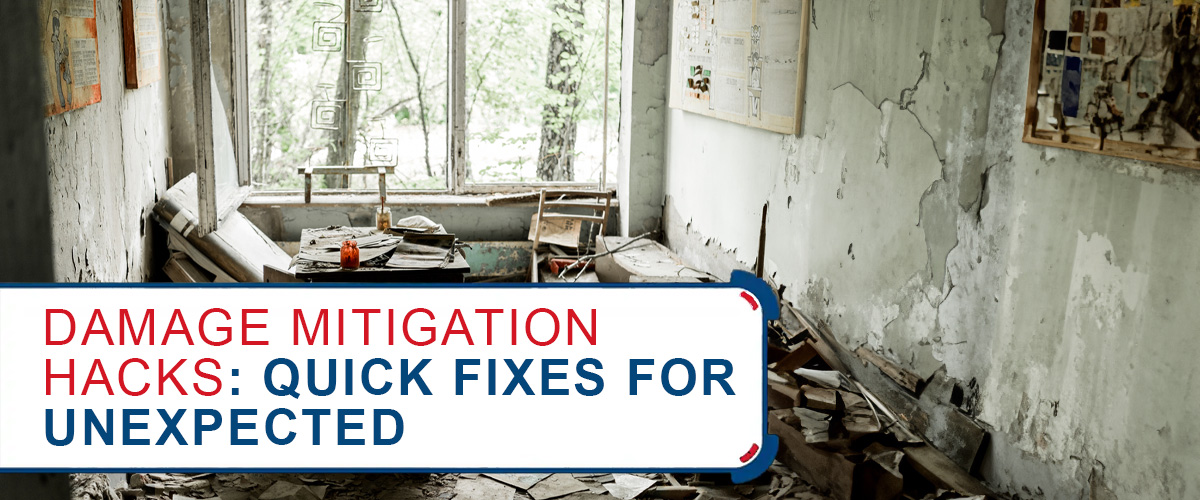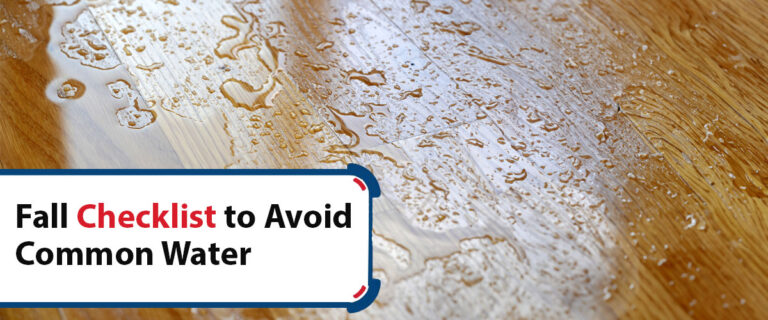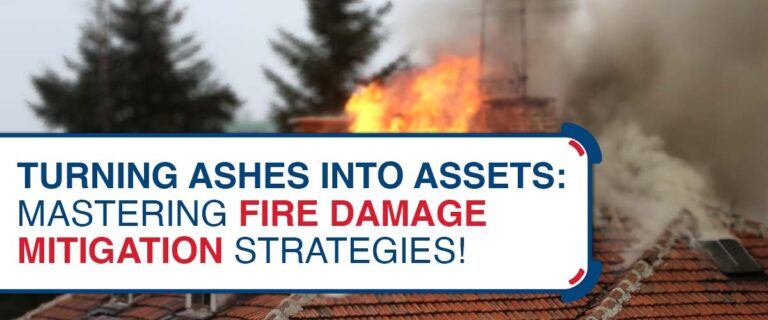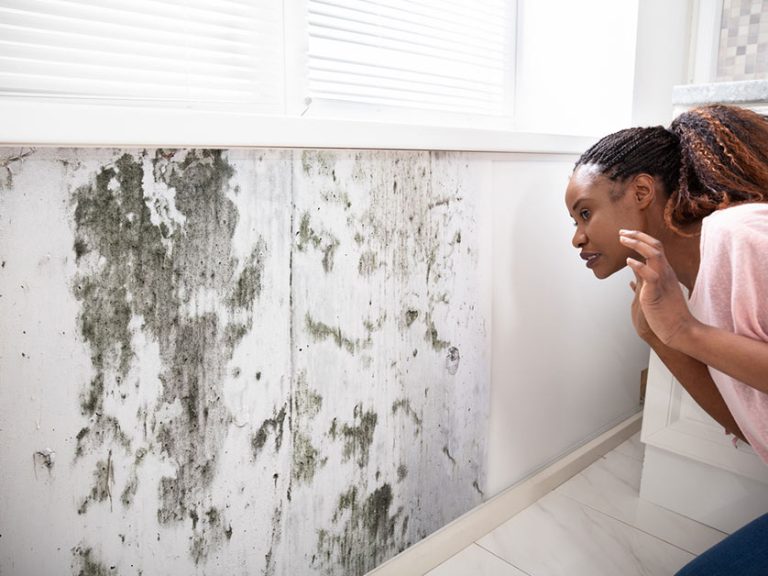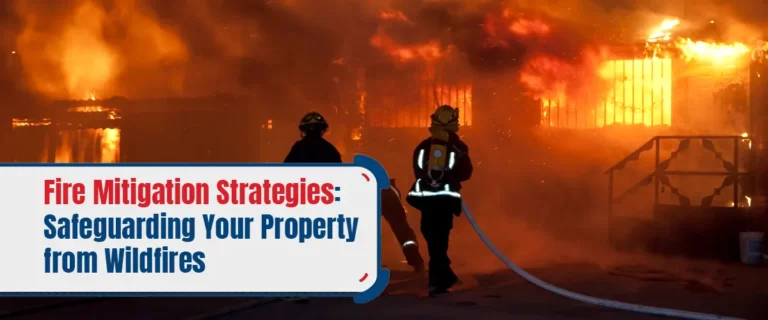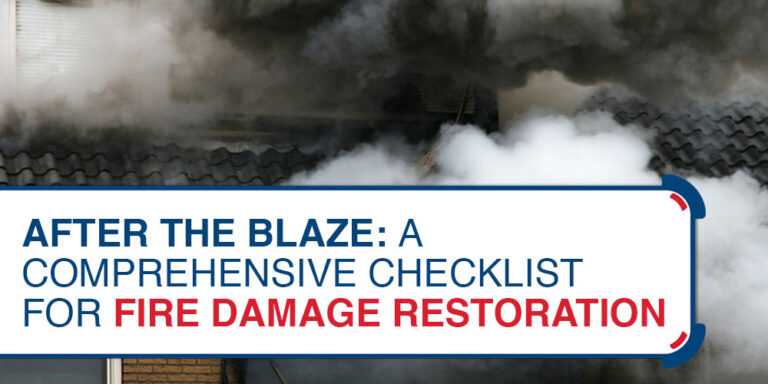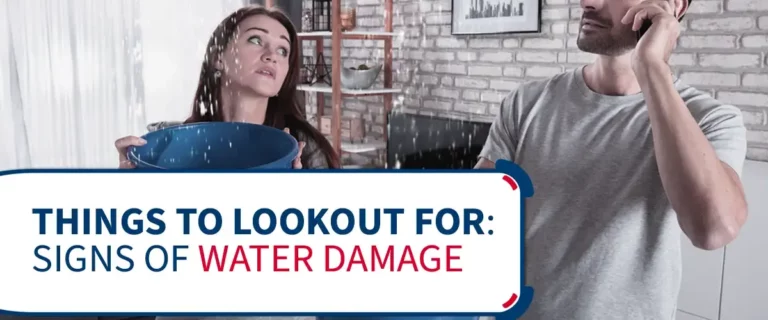In the blink of an eye, unexpected weather conditions can strike, leaving a trail of destruction in their wake. From water damage, fire emergencies, mold infestations, and even structural damage––life throws curveballs that can burn the pocket. With the hopes of saving as many possessions as possible, quick and practical damage mitigation is the key to minimizing the impact of these unexpected situations.
Meanwhile, this article delves into damage mitigation hacks, emphasizing the importance of immediate action. We provide professional guidance to protect one of our most valuable assets––our home.
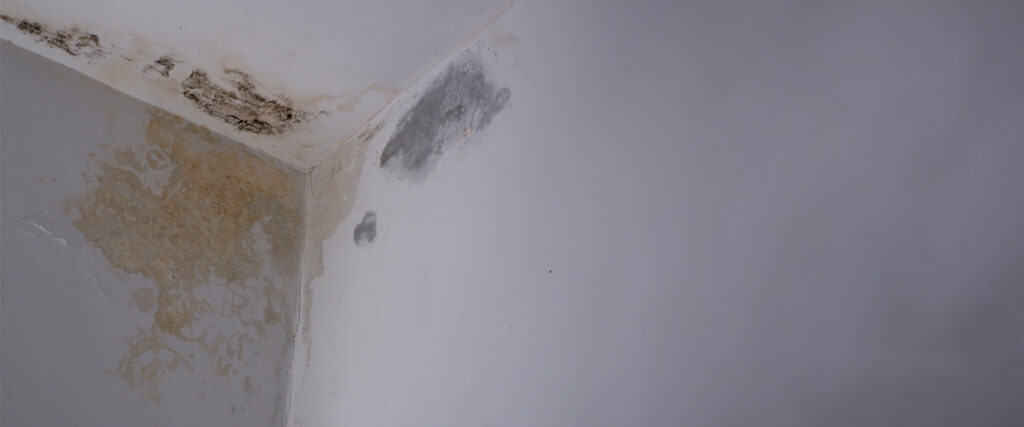
1. Water Damage Mitigation: Swift Solutions for a Watery Crisis
Water damage mitigation immediately responds to water-related emergencies, such as burst pipes, flooding, or leaks.
A. When Water Strikes
The cascade of water from a burst pipe or a leaky roof can be catastrophic. Immediate action is essential to mitigate the damage. Shutting off the water source is your first line of defense, preventing further flooding and damage to your property. In the aftermath, remove affected items, such as furniture, electronics, and personal belongings, to avoid further damage.
B. Quick Fixes for Water Damage
When the water damage is localized and minor, you can employ some damage mitigation hacks to save the day. Utilize towels and fans to dry out wet areas, helping prevent mold and mildew growth. Remember, these quick fixes are best suited for small-scale incidents.
C. The Role of Professionals
For extensive water damage situations, professionals are your best allies. Damage mitigation in Overland Park, KS, may require the expertise of specialists who can assess the extent of the damage and apply appropriate restoration techniques.
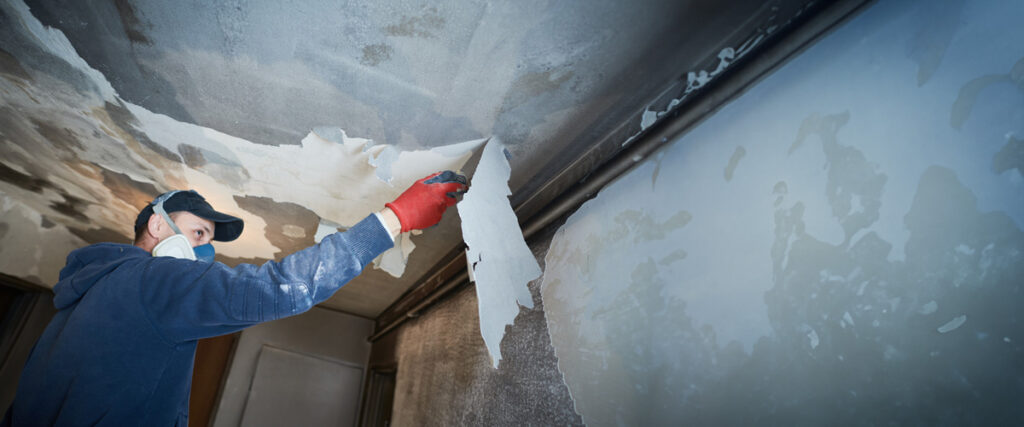
2. Fire Damage Mitigation: Rapid Response in the Face of Flames
Fire damage mitigation is the swift and essential response to fire emergencies.
A. When Flames Engulf
In a fire emergency, always prioritize your safety and the safety of others. Evacuate the premises safely and call emergency services to control the blaze. Only attempt fire damage mitigation when it is safe.
B. Damage Mitigation Hacks for Minor Fire Damage
In cases of minor fire damage, damage mitigation hacks can make a significant difference. Use baking soda to smother small flames or cover affected areas with plastic sheets to prevent further damage from smoke and soot.
C. Consulting the Experts
Larger-scale fire damage is a different beast altogether. It’s crucial to consult professionals who specialize in fire damage restoration. They can assess the damage, remove hazards, and restore your property to its pre-fire condition.

3. Mold and Mildew Mitigation: Taming the Silent Invaders
Mold and mildew mitigation involves addressing the growth of these harmful fungi in your home.
A. Detecting the Silent Invaders
Unnoticed mold and mildew growth might occur in your home, posing health risks and causing structural damage. Identifying common signs like musty odors or discoloration on walls and ceilings is your first step in damage mitigation.
B. Quick Fixes for Mold and Mildew
A few damage mitigation hacks can help with minor mold and mildew issues. Proper ventilation, cleaning with vinegar or hydrogen peroxide, and using dehumidifiers can prevent the problem from spreading.
C. The Need for Professional Mold Remediation
Professional mold remediation is best when mold and mildew infestations are extensive or pose health-related concerns. Mold specialists have the knowledge and tools to eradicate these hidden threats.
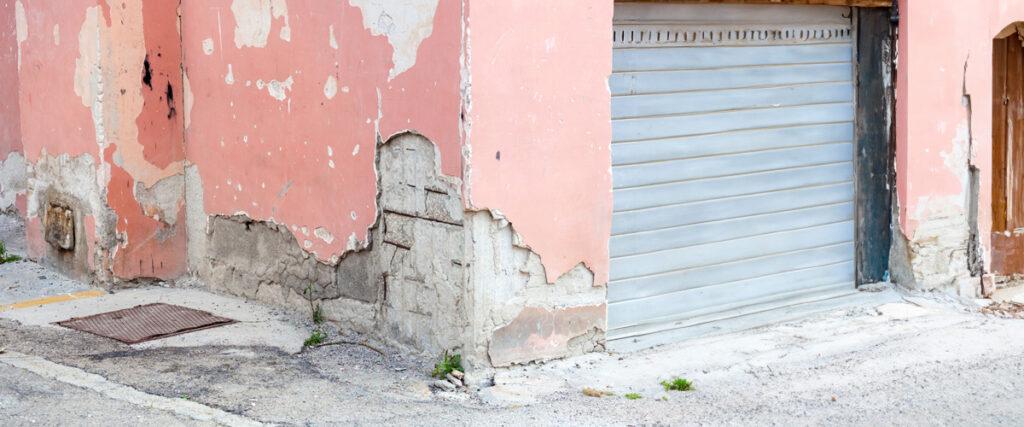
4. Structural Damage Mitigation: Stabilizing Your Shelter
Structural damage mitigation focuses on preserving the integrity of a building when faced with issues like wall cracks or sagging floors.
A. The Cracks and the Sags
Structural damage demands immediate attention, whether from natural disasters or gradual wear and tear. Assess the severity of the damage, including cracks in walls or sagging floors, to determine the level of urgency.
B. Temporary Fixes for Structural Damage
For minor structural damage, damage mitigation hacks can offer temporary stability. Use plywood or supports to bolster weakened areas and prevent further deterioration.
C. The Role of Structural Engineers and Contractors
In significant structural damage, it is imperative to involve structural engineers or contractors. They possess the expertise to assess the damage comprehensively and devise permanent repair solutions.
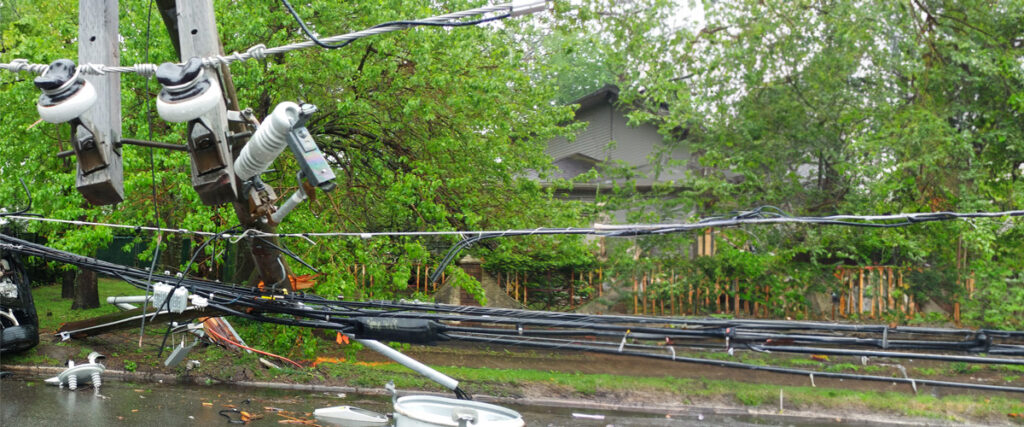
5. Electrical Damage Mitigation: Shockproof Solutions
Electrical damage mitigation is the immediate response to electrical emergencies that can be deadly.
A. Electrocution Dangers
Electrical damage can be life-threatening, and safety precautions are paramount. In case of electrical damage, immediately shut off the power supply and avoid contact with exposed wiring.
B. Damage Mitigation Hacks for Minor Electrical Issues
For minor electrical problems, a few damage mitigation hacks can help. Secure loose wires with electrical tape or reset circuit breakers if needed.
C. The Expert’s Touch
Licensed electricians must be the ones who will handle complex electrical problems or significant damage. Their expertise guarantees the safe restoration of your electrical system.

Do Proper Documentation
Efficient damage mitigation requires thorough documentation. Take photos to show the extent of the damage with written descriptions. These documents will be essential when filing insurance claims and restoration efforts.
Additionally, timely communication with insurance providers and restoration professionals is essential. Initiating the necessary claims and repairs quickly can make all the difference in restoration.
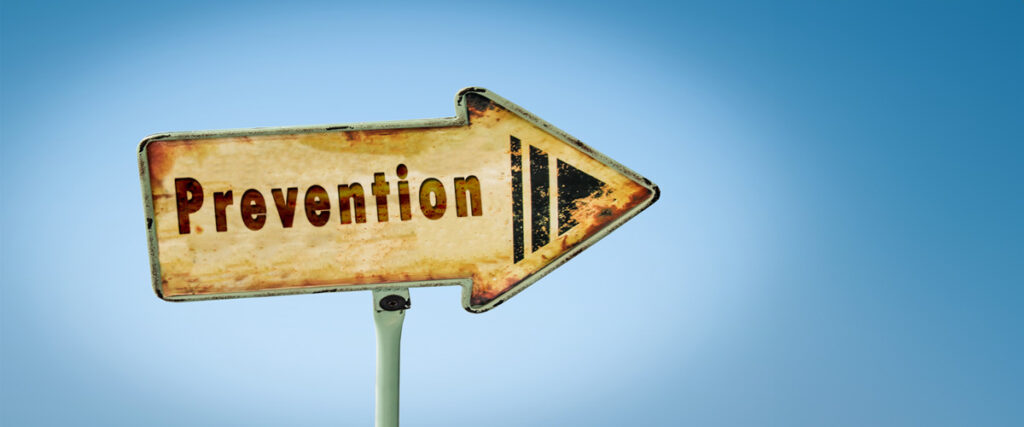
Prevention and Preparedness
The saying “an ounce of prevention is worth a pound of cure” couldn’t be more true regarding damage mitigation. Potential problems can be found through routine maintenance and inspections before they get any more serious. Also, encourage all homeowners to prioritize prevention and preparedness to minimize the impact of unexpected situations. Proactive measures can differentiate between a minor hiccup and a major disaster.
Create an emergency preparedness plan that includes contact information for professionals and supplies for immediate mitigation. Being well-prepared is the key to minimizing damage in unexpected situations.
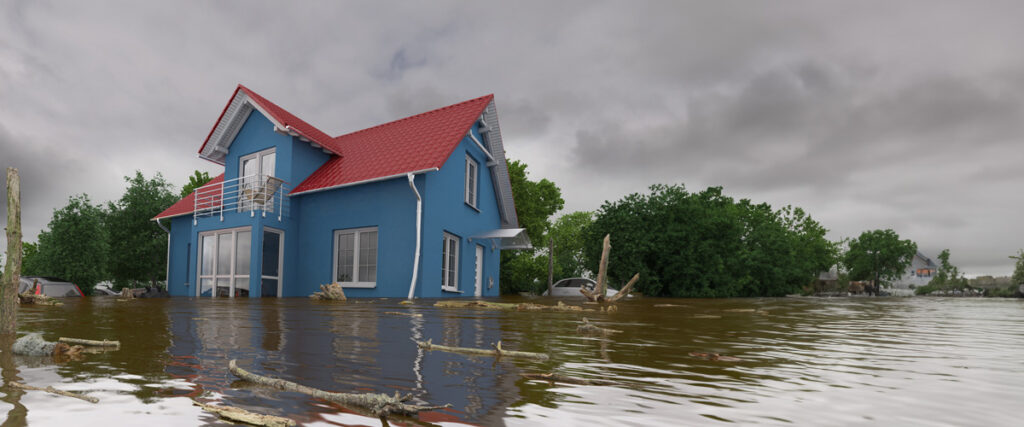
Rapid Solutions for Unforeseen Home Emergencies
Unexpected situations can strike when we least expect them, and the key to minimizing their impact lies in swift and effective damage mitigation. We have emphasized the importance of professional guidance in extensive damage situations, such as damage mitigation in Overland Park, KS.
Lastly, we have highlighted the significance of prevention and preparedness. Ultimately, quick action and damage mitigation hacks can make all the difference when the unexpected occurs.
Resources:
- Ready.gov. Home Fires 2023. Retrieved from https://www.ready.gov/home-fires.
- Metts, T. A. (2008). Addressing environmental health implications of mold exposure after major flooding. AAOHN Journal, 56(3), 115-122. https://doi.org/10.1177/216507990805600304.
- CDC 2020. Mold After a Disaster. Retrieved from https://www.cdc.gov/disasters/mold/index.html.
- Saatcioglu, M. (2013). Structural Mitigation. In: Bobrowsky, P.T. (eds) Encyclopedia of Natural Hazards. Encyclopedia of Earth Sciences Series. Springer, Dordrecht. https://doi.org/10.1007/978-1-4020-4399-4_334.
- University of Washington. Environmental Health and Safety. Basic Electrical Safety. Retrieved from https://www.ehs.washington.edu/fire-life/basic-electrical-safety.


